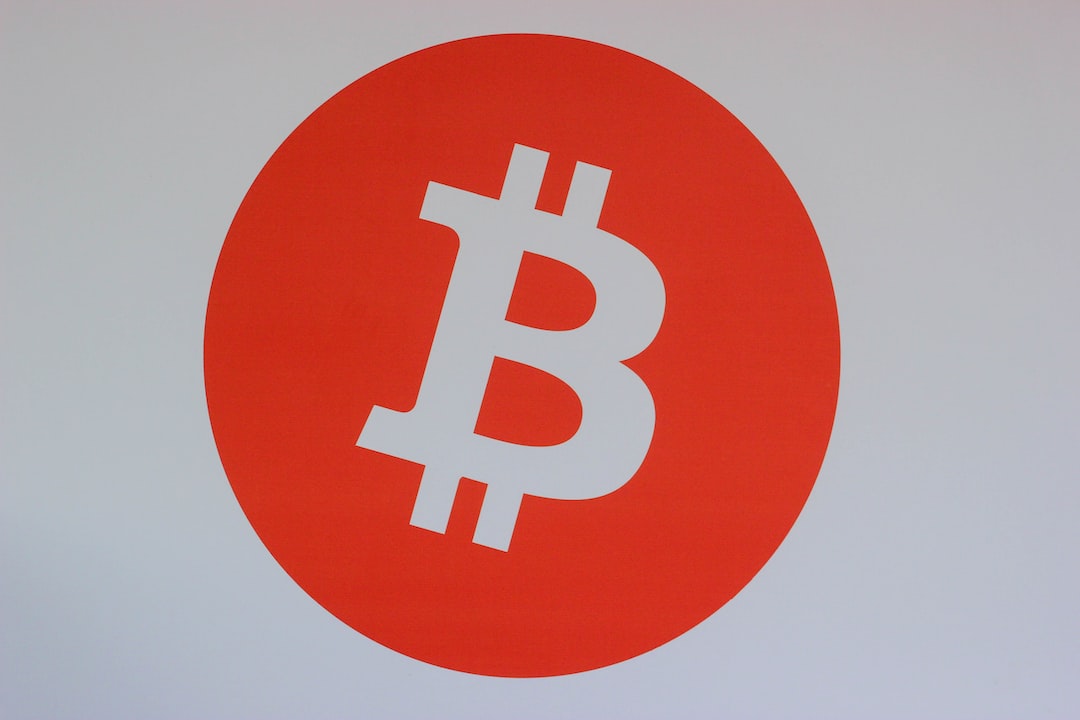What Role Can Crypto Play in a Post-De-Dollarization World?
As BRICS nations explore de-dollarization to reduce the impact of FOMC policies on the global market, the question arises: can crypto step in? While the motives behind this exploration may vary, the adoption of cryptocurrencies by these influential nations could have a significant impact on the global crypto market. On one hand, it could lead to increased acceptance of cryptocurrencies as a medium of exchange, store of value, or unit of account as countries seek alternatives to the USD. This could result in higher demand, adoption rates, and price appreciation. Additionally, it could create a more resilient global crypto market less affected by U.S. economic policies. However, de-dollarization could also bring increased regulatory scrutiny and create challenges for crypto businesses. Furthermore, the ability of cryptocurrencies to function effectively as mainstream mediums of exchange remains untested on a large scale.
The Concerns with China’s E-CNY System
In China, residents can open e-CNY accounts using their mobile numbers and expand their balances and transaction limits by providing additional personal information. While regulations prohibit telecom operators and internet service providers from collecting and using e-CNY users’ personal details, authorities can access the data with legal documentation. Critics worry that this system could enable the Chinese government to control and suppress individuals or groups.
Hot Take: Opportunities and Challenges in a Post-De-Dollarization Era
In a post-de-dollarization world, cryptocurrencies have the potential to thrive but face challenges. The diversification of economic power could lead to increased acceptance of cryptocurrencies as alternatives to traditional currencies. This would drive demand, adoption rates, and price appreciation. Additionally, a more resilient global crypto market would be less influenced by U.S. economic policies. However, regulatory scrutiny may intensify, creating an uncertain environment for crypto businesses. Innovation and growth could be stifled. Furthermore, the mainstream viability of cryptocurrencies as mediums of exchange remains unproven on a large scale. As the world shifts away from the dollar, the crypto industry must navigate both opportunities and obstacles to establish its role in the global financial landscape.





 By
By
 By
By
 By
By

 By
By
 By
By